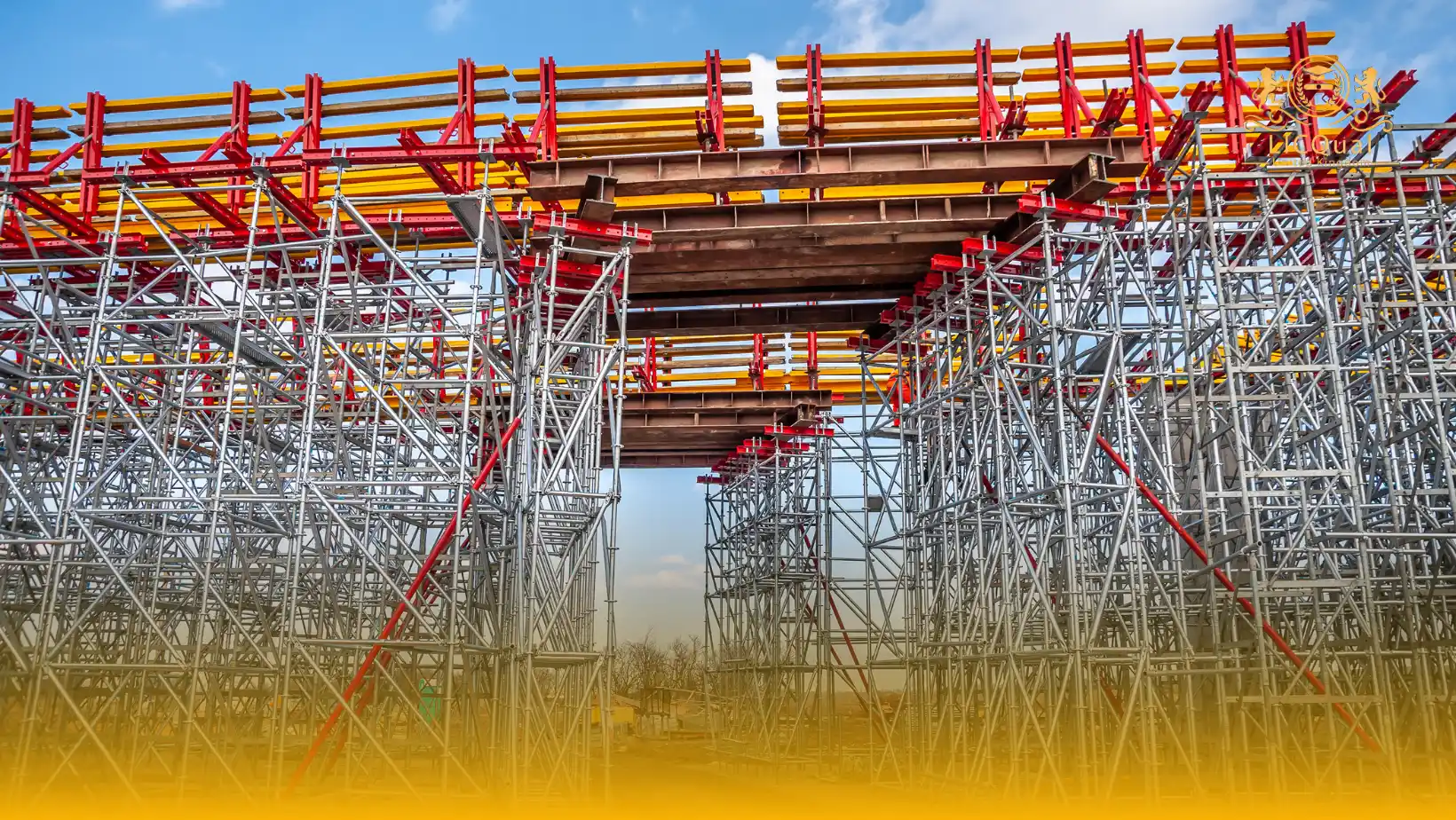If you’re looking to enhance your expertise in the design, installation, and maintenance of supporting structures, the LICQual Level 3 Certificate in Supporting Structures (SUP) is the ideal qualification for you. This comprehensive course equips learners with the knowledge and practical skills needed to safely and effectively work with a variety of support frameworks in construction and industrial settings. Whether you are a professional seeking career progression or a newcomer aiming to build a strong foundation, this certification opens doors to exciting job opportunities.
This course covers essential topics including structural principles, materials handling, load distribution, and the installation of supports such as scaffolding, shoring, and temporary frameworks. Students will gain a thorough understanding of health and safety standards, industry regulations, and best practices aligned with international standards like BS EN and OSHA. Hands-on training ensures you develop confidence in both planning and executing supporting structure projects safely.
The LICQual Level 3 Certificate in Supporting Structures is tailored for site supervisors, scaffolders, civil engineers, and construction workers involved in support structure operations. It is also perfect for safety officers and maintenance personnel who need to verify the integrity of structural supports. The course bridges theoretical knowledge with practical application, empowering learners to effectively manage risks and maintain compliance on-site.
Holding this certification demonstrates your commitment to professional excellence and safety in supporting structure operations. The LICQual qualification is internationally recognized, helping you stand out in competitive job markets across construction, infrastructure, and industrial sectors. Employers value this credential as proof of your ability to manage complex structural support tasks with precision and care.
We offer flexible delivery methods including online modules, blended learning, and in-person workshops to accommodate busy schedules. Throughout the course, experienced instructors provide personalized support and industry insights, ensuring you gain both the theoretical knowledge and practical skills required.
Course Overview
Qualification Title
LICQual Level 3 Certificate in Supporting Structures (SUP)
Total Units
6
Total Credits
24
GLH
120
Qualification #
LICQ2200533
Qualification Specification
To enroll in the LICQual Level 3 Certificate in Supporting Structures(SUP) applicants must meet the following criteria:
|
Qualification# |
Unit Title |
Credits |
GLH |
|---|---|---|---|
|
LICQ2200533-1 |
Principles of Supporting Structures |
4 |
20 |
|
LICQ2200533-2 |
Materials and Components in Supporting Structures |
4 |
20 |
|
LICQ2200533-3 |
Installation and Erection Techniques |
4 |
20 |
|
LICQ2200533-4 |
Health and Safety in Supporting Structure Operations |
4 |
20 |
|
LICQ2200533-5 |
Inspection, Maintenance, and Quality Control |
4 |
20 |
|
LICQ2200533-6 |
Legal, Environmental, and Regulatory Compliance |
4 |
20 |
By the end of this course, applicants will be able to:
1. Principles of Supporting Structures
- Explain the fundamental concepts and types of supporting structures used in construction.
- Analyze load distribution and structural stability in various support frameworks.
- Apply international design standards such as Eurocodes and ISO to supporting structures.
2. Materials and Components in Supporting Structures
- Identify different materials used in supporting structures and describe their properties.
- Select appropriate materials and components based on project requirements and standards.
- Demonstrate safe handling and storage practices for supporting structure materials.
3. Installation and Erection Techniques
- Perform installation and erection of supporting structures following industry best practices.
- Apply safe working methods compliant with OSHA, BS EN, and ANSI standards.
- Adapt erection techniques to site-specific conditions and challenges.
4. Health and Safety in Supporting Structure Operations
- Conduct risk assessments and identify hazards related to supporting structure work.
- Implement health and safety procedures to minimize risks on site.
- Comply with international occupational health and safety standards such as ISO 45001.
5. Inspection, Maintenance, and Quality Control
- Carry out routine inspections to assess the condition and safety of supporting structures.
- Identify maintenance needs and perform necessary corrective actions.
- Ensure quality control in line with ISO 17020 and BS 5975 standards.
6. Legal, Environmental, and Regulatory Compliance
- Summarize the legal responsibilities and regulatory requirements for supporting structures.
- Maintain accurate documentation and certification as required by industry regulations.
- Apply sustainable and environmentally responsible practices during supporting structure operations.
This course is designed for professionals and newcomers who want to deepen their expertise and gain a recognized qualification in supporting structures within the construction and industrial sectors. It is ideal for:
- Construction Supervisors and Site Managers who oversee supporting structure installations and want to ensure safety and compliance on site.
- Scaffolders, Shorers, and Formwork Specialists seeking to formalize their skills and improve their knowledge of advanced techniques and safety standards.
- Civil Engineers and Structural Technicians looking to expand their practical understanding of supporting frameworks and load management.
- Health and Safety Officers responsible for monitoring structural integrity and implementing safety protocols related to temporary or permanent supports.
- New Entrants to the Construction Industry aiming to build a solid foundation in supporting structure principles and practices to kick-start their careers.
- Maintenance and Inspection Personnel who need to develop competency in assessing and maintaining the safety and quality of supporting structures.
Whether you’re looking to progress your career, improve site safety, or gain a professional edge in a competitive industry, this course provides the essential knowledge and skills to succeed.
Assessment and Verification
All units within this qualification are subject to internal assessment by the approved centre and external verification by LICQual. The qualification follows a criterion-referenced assessment approach, ensuring that learners meet all specified learning outcomes.
To achieve a ‘Pass’ in any unit, learners must provide valid, sufficient, and authentic evidence demonstrating their attainment of all learning outcomes and compliance with the prescribed assessment criteria. The Assessor is responsible for evaluating the evidence and determining whether the learner has successfully met the required standards.
Assessors must maintain a clear and comprehensive audit trail, documenting the basis for their assessment decisions to ensure transparency, consistency, and compliance with quality assurance requirements.







